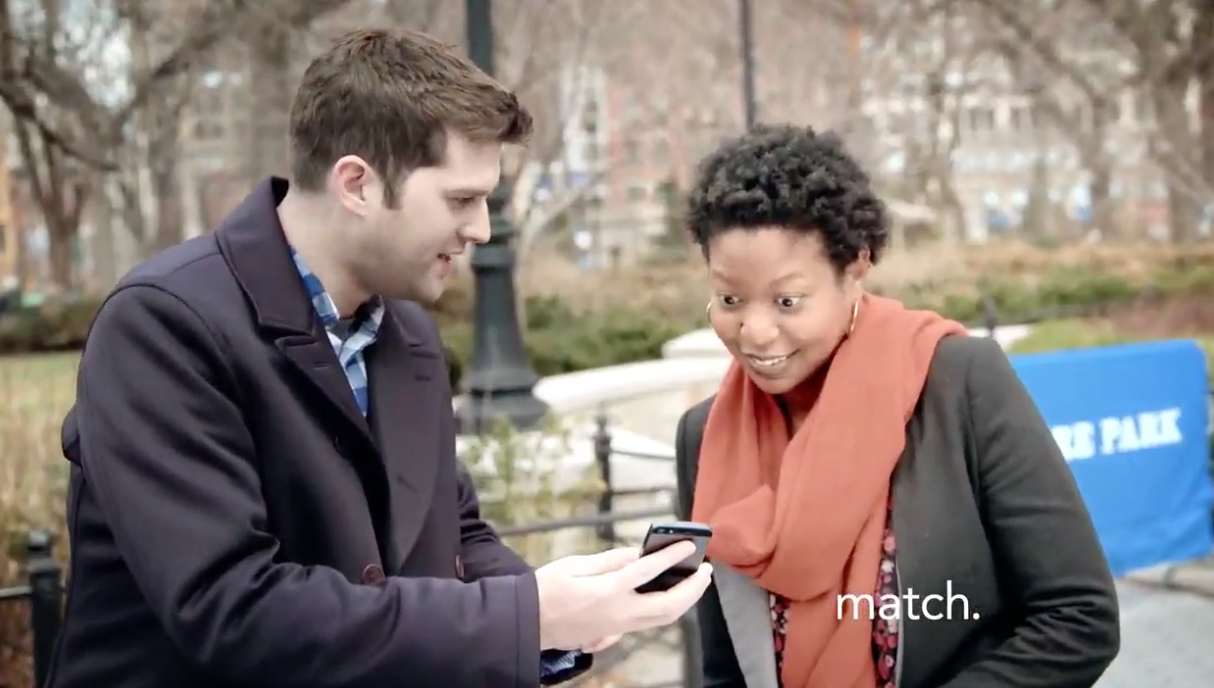
OkCupid
Allegations: Enticing users to pay to connect with “A-List” users who have “liked” their profile when most, if not all, of the users who “like” them have inactive accounts
In April 2015, plaintiffs voluntarily dismissed a class-action lawsuit they filed against Match.com. The complaint, which was filed earlier that same month, alleged that the company deceptively marketed its online dating service without adequately informing consumers of certain information, including that consumers have the right to cancel their contact. The lawsuit was dismissed without prejudice, meaning that the plaintiffs can refile their claims. (Graf et al v. Match.com, L.L.C., Case No. 15-cv-2913, C. D. CA.)
For more information about other class-action lawsuits filed against online dating services and TINA.org’s coverage of them, click here.
Allegations: Enticing users to pay to connect with “A-List” users who have “liked” their profile when most, if not all, of the users who “like” them have inactive accounts
Allegations: Deceptively advertising “free” accounts and then inducing consumers to sign up for paid subscriptions, misleadingly advertising that consumers who purchased a six-month subscription received a “match GUARANTEE,” and making…
Allegations: Requiring consumers to upload photos to create an account without adequately disclosing why and how long the companies were collecting, storing, and using biometric data
TINA.org submits comment in support of FTC’s proposal to ban fake celebrity endorsements, romance scams and other impersonation scams.
What the dating site actually means when it says 25,000 people join every day.
Dating website eHarmony claims in its television and web ads that it makes more marriages than anyone else.




